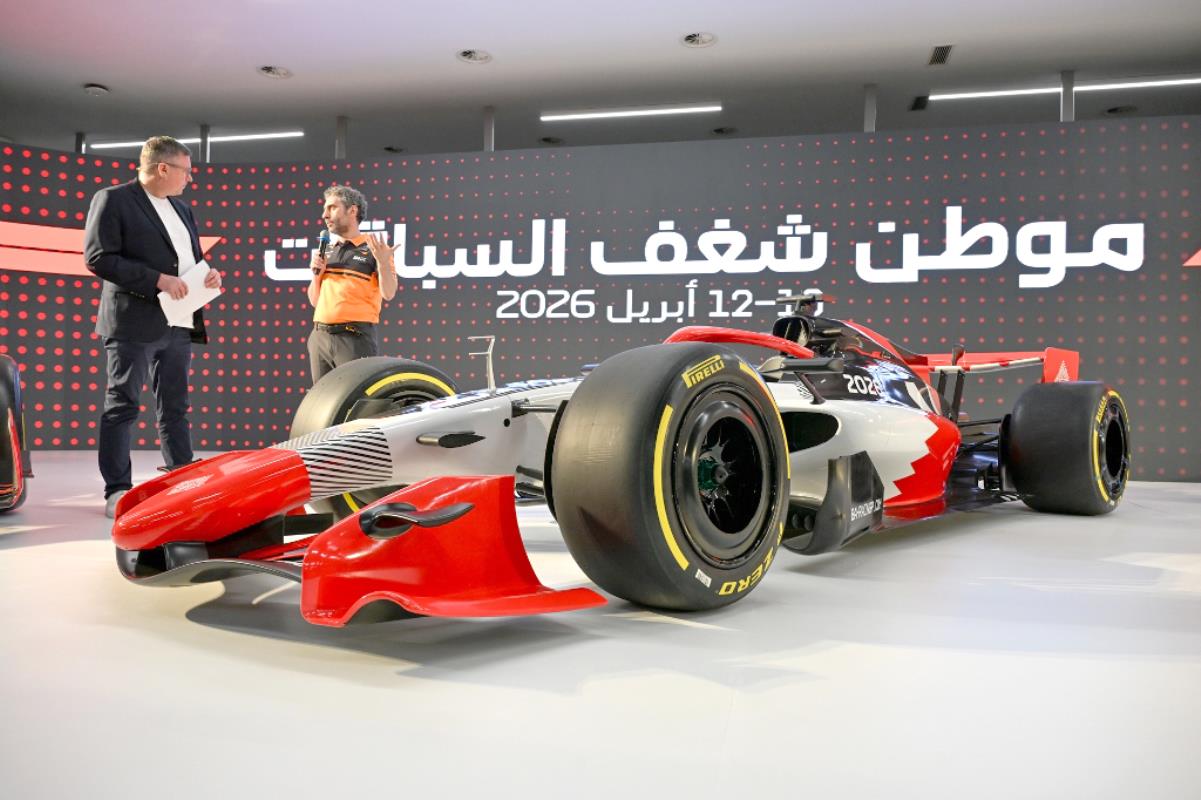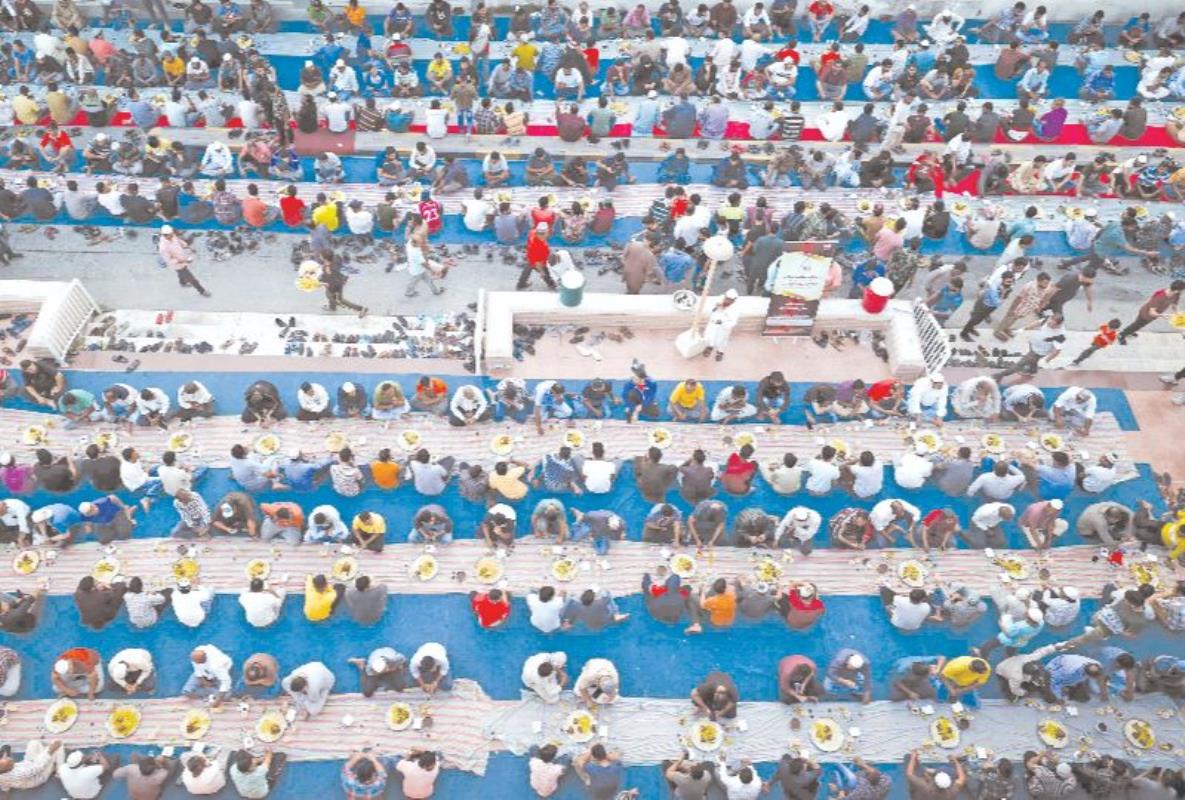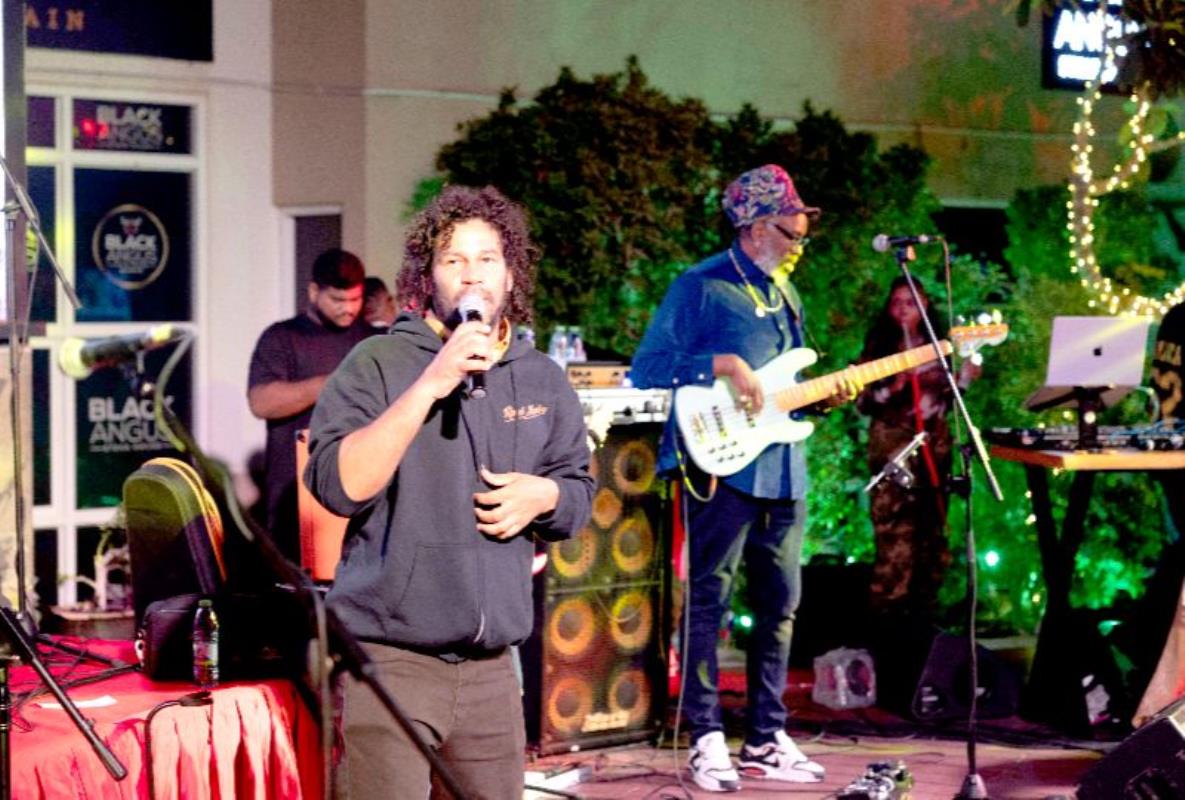
With non-stop action and the world’s toughest elite athletes fighting for the title of champion, UFC is the world's biggest MMA (mixed martial arts) organisation. The sport is home to fighters of various disciplines, spotlighting their combat talents across boxing, Muay Thai, wrestling, and Brazilian Jiu-Jitsu, creating an intense and fast-paced combat sport.
If you're new to the world of UFC, this guide will tell you everything you need to know ahead of the eagerly anticipated return of UFC to the region this year, including UFC FIGHT NIGHT: SANDHAGEN VS NURMAGOMEDOV in Abu Dhabi on August 3 at Etihad Arena, UFC’s first-ever event in the Kingdom of Saudi Arabia in Riyadh on June 26, and UFC 308 on October 26.
UFC is big business:
UFC was founded in 1993 which revolutionised the fight business and today is the largest Pay-Per-View event provider in the world producing more than 40 live events per year.
UFC is broadcast in over 170 countries and territories to more than 975 million TV households worldwide in over 46 different languages.
The sport has 700 million fans globally, and approximately 260 million followers across its official social media platforms.
Inside the Octagon:
Fights take place inside the famed Octagon®, with each round lasting 5 minutes.
Unlike boxing or wrestling, MMA allows athletes of different backgrounds to showcase a wider range of fighting techniques, such as punches, kicks, knees, elbows, and grappling from different disciplines across the worlds of boxing, Brazilian Jiu-Jitsu, Jiu-Jitsu, Judo, Karate, Kickboxing, Kung Fu, Freestyle & Greco-Roman Wrestling, and Tae Kwon Do.
Male and female athletes compete by their weight divisions:
Men’s:
Heavyweight (265 lb/120kg)
Light Heavyweight (205 lb/93kg)
Middleweight (185 lb/83.9kg)
Welterweight (170lb/77.1kg)
Lightweight (155lb/70.3kg)
Featherweight (145lb/65.8kg)
Bantamweight (135lb/61.2kg)
Flyweight (125lb/56.7kg)
Women’s:
Bantamweight (135lb/61.2kg)
Flyweight (125lb/56.7kg)
Strawweight (115lb/52.2kg)
Victories are awarded through different outcomes, including: knockout (KO), technical knockout (TKO; referee stoppage due to fighter disadvantage), submission (tapping due to choke or lock), disqualification (illegal moves), or decision (judges' scores after the fight).
A panel of three judges can determine the winner in multiple ways:
Unanimous: all judges agree the winner.
Split: One judge chooses one athlete. The other two judges pick the other athlete.
Majority: Two judges pick the same athlete as the winner. The final judge says fight was a draw.
Draw: A unanimous draw is when all three judges score the fight as a draw, a majority draw is when one judge selects in favour of one of the athletes while the other two score the fight as a draw, or a split draw when two judges select in favor of both athletes while the third scores the fight as a draw.
Getting to grips with fight terms:
Common fight terms you can expect to hear on fight night include:
Clinch: fighters locked up close.
Takedown: bringing the fight from standing position to the ground.
Guard: A position where a fighter on their back uses their legs to control their opponent.
Sprawl and brawl: A fighting style focused on avoiding takedowns and exchanging strikes while standing.
Submission: When a fighter taps out (indicates they yield).
What to expect at a UFC Fight Night
Pre-Fight:
Electric atmosphere: As the venue fills up with fans eager for the action, expect lively music, vendors selling food and drinks, and a general buzz of excitement and anticipation.
Early fights: Up-and-coming fighters or those earlier on the fight card battle it out. These can be exciting displays of raw talent and a chance to discover future stars.
Main card anticipation: As the night progresses, the crowd gets hyped for the main card fights featuring established fighters, title contenders, and potentially even championship bouts.
Fight Time:
Epic walkouts: Fighters enter the Octagon to dramatic lighting with their entrance music pumping, and the crowd roaring.
Fight action: The bell rings and the bout begins. Expect a mix of striking exchanges (jabs, crosses, hooks), grappling sequences (takedowns, submissions), and strategic maneuvers (footwork, defense, counters).
Expert commentary: Commentators provide insights throughout the fight, explaining techniques, strategies, and fighters' histories.
Fight Decisions:
Corner time: Between rounds, fighters retreat to their corners for a short break. Coaches give instructions, strategise, and treat any injuries.
The verdict (if it goes to the distance): Most non-championship fights are 3 rounds, occasionally extending to 5 rounds, while championship fights are 5. If the fight goes all the way, judges evaluate each round based on a points system and declare a winner.
Post-fight interview: Following some fights, audiences can delight in seeing winners interviewed inside the Octagon, sharing their thoughts on the bout, and potentially calling out future opponents.
Ones to Watch:
UFC has a stacked roster of athletes across nine weight divisions. Whilst almost everyone is familiar with superstar Conor McGregor, there are several more athletes who have been dubbed ‘ones to watch’ in UFC, including bantamweight Champion Sean O’Malley and welterweight Champion Leon Edwards.
Middle Eastern favorites include, Khabib Nurmagomedov (retired but undefeated) and current UFC lightweight champion Islam Makhachev - both originally from Russia, Morocco’s Youssef Zalal who recently made his return to UFC and the UAE’s very own Mohammad Yahya.
Where to watch UFC
· Tune in to STARZPLAY - UFC’s exclusive broadcast partner and the only place to stream the action in the Middle East. STARZPLAY airs every UFC event live.
preprocess







































































